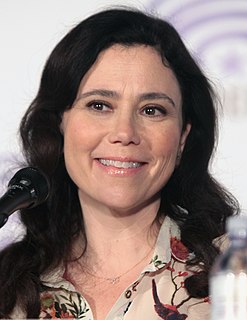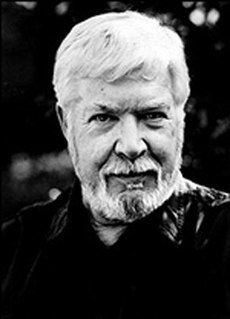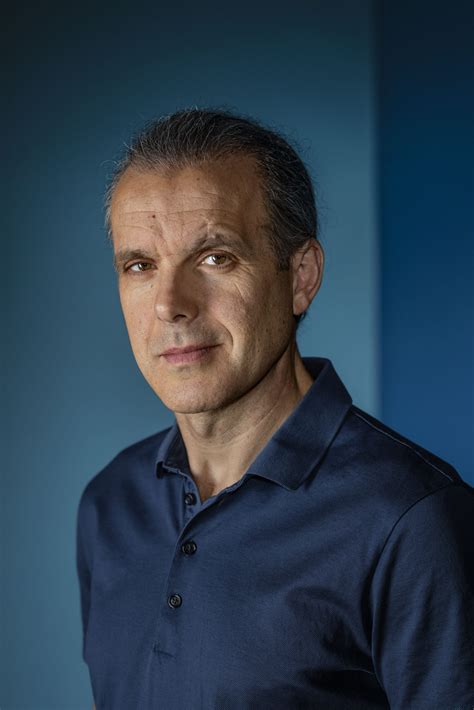A Quote by Alex Borstein
My biggest fear is the ocean. It's a great big, powerful sea toilet.
Related Quotes
Coral reefs, the rain forest of the ocean, are home for one-third of the species of the sea. Coral reefs are under stress for several reasons, including warming of the ocean, but especially because of ocean acidification, a direct effect of added carbon dioxide. Ocean life dependent on carbonate shells and skeletons is threatened by dissolution as the ocean becomes more acid.
So my message is in whichever realm, be it going into space or going into the deep sea, you have to balance the yin and yang of caution and boldness, risk aversion and risk taking, fear and fearlessness. No great accomplishment takes place, whether it be a movie or a deep ocean expedition, or a space mission, without a kind of dynamic equipoise between the two. Luck is not a factor. Hope is not a strategy. Fear is not an option.
Oceans need more attention because climate change IS an ocean issue. Our oceans will be the first victim, and sea life will suffer dramatically. Detailed proof is hard in ocean science, but I think we're already seeing big ocean changes caused by climate change, such as starvation of whales, seabirds, and other animals off the coast US west coast.
The living ocean drives planetary chemistry, governs climate and weather, and otherwise provides the cornerstone of the life-support system for all creatures on our planet, from deep-sea starfish to desert sagebrush. That's why the ocean matters. If the sea is sick, we'll feel it. If it dies, we die. Our future and the state of the oceans are one.
In coastal waters rich in runoff, plankton can swarm densely, a million in a drop of water. They color the sea brown and green where deltas form from big rivers, or cities dump their sewage. Tiny yet hugely important, plankton govern how well the sea harvests the sun's bounty, and so are the foundation of the ocean's food chain.
I really don't know why it is that all of us are so committed to the sea, except I think it is because in addition to the fact that the sea changes and the light changes, and ships change, it is because we all came from the sea. And it is an interesting biological fact that all of us have, in our veins the exact same percentage of salt in our blood that exists in the ocean, and, therefore, we have salt in our blood, in our sweat, in our tears. We are tied to the ocean. And when we go back to the sea, whether it is to sail or to watch it we are going back from whence we came.
What better way to learn about life in the ocean--and how we are changing it--than through stories of blind zombie worms, immortal jellyfish, and unicorns of the sea? The Extreme Life of the Sea is an insightful book that inspires awe and wonder about our ocean, and brilliantly shows us the immense possibilities of life on Earth.
Carbon dioxide pollution is transforming the chemistry of the ocean, rapidly making the water more acidic. In decades, rising ocean acidity may challenge life on a scale that has not occurred for tens of millions of years. So we confront an urgent choice: to move beyond fossil fuels or to risk turning the ocean into a sea of weeds.




































